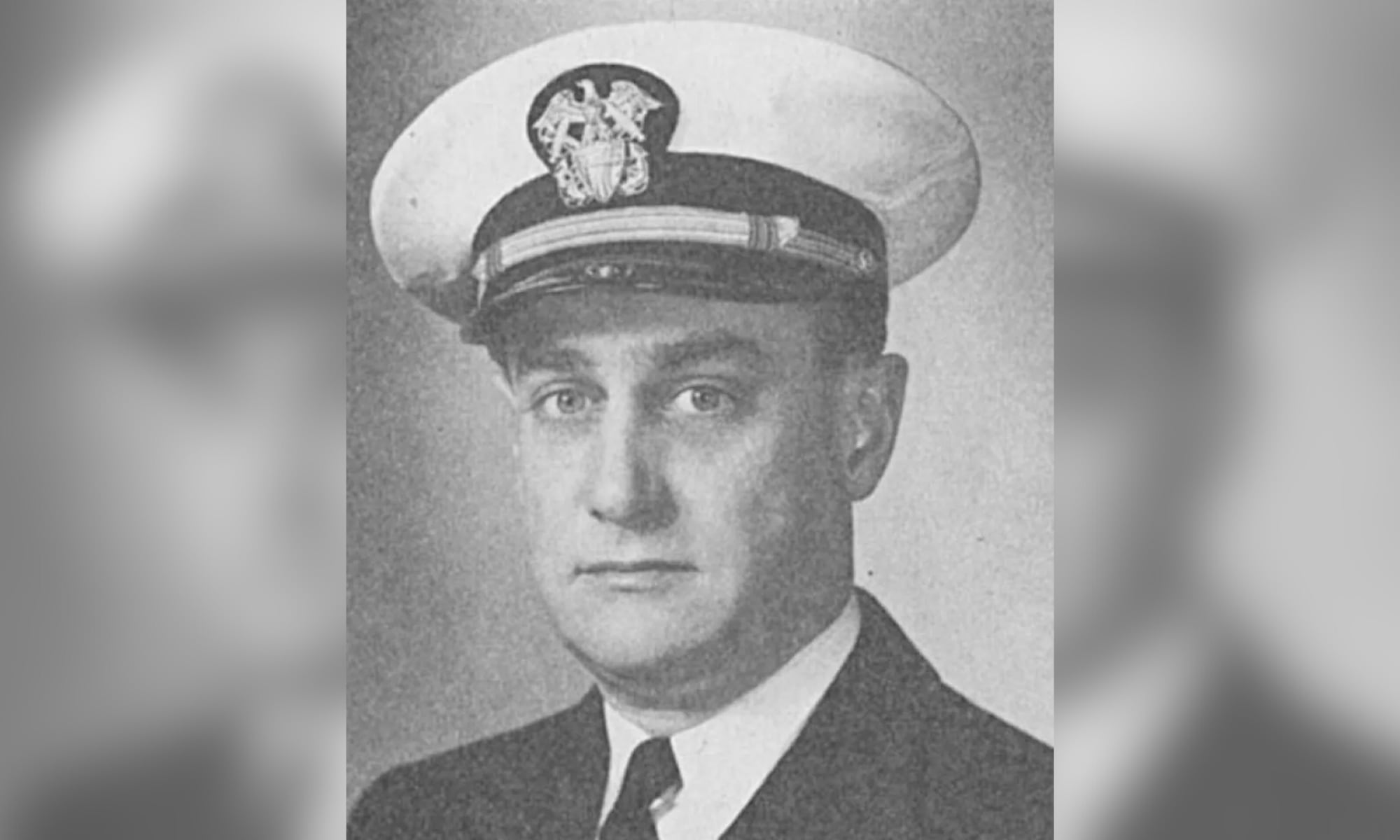WASHINGTON — Plans to overhaul veterans health care this fall could be in jeopardy after House Democrats boycotted a supposedly friendly roundtable discussion on the issue Tuesday over the inclusion of a Republican-linked advocacy group they insist is more interested in political attacks than policy crafting.
The controversy comes just a few weeks before House lawmakers are planning to fast-track new legislation surrounding outside care programs at the Department of Veterans Affairs, including the problematic Choice program.
The topic was already sensitive within the veterans community before the boycott, with concerns about shifting funding to private-sector physicians and the possibility of a slow dismantling of VA responsibilities.
But tensions grew this week when Democrats on the House Veterans’ Affairs Committee refused to attend Tuesday’s event because of the presence of Concerned Veterans for America, an advocacy group with ties to Republican Party donors.
“The chairman has the right to invite any organization he pleases, but to pretend that CVA is anything other than a partisan organization that invests time and money into discrediting Democratic members of Congress, and specifically the ranking member of this committee, is disingenuous,” said Griffin Anderson, press secretary for the committee’s Democrats.
“We will not pretend it is anything else.”
CVA was one of 18 veterans groups invited to the event, a group that included the large legacy organizations such as the American Legion and AMVETS as well as newer organizations like Iraq and Afghanistan Veterans of America and Wounded Warrior Project.
Several VA officials also attended, including soon-to-be acting VA Undersecretary for Health Carolyn Clancy. Committee Chairman Rep. Phil Roe, R-Tenn., moderated the discussion.
Individuals in the closed roundtable characterized the discussion as largely non-eventful, covering broad outlines of the proposals to come. Dan Caldwell, policy director for CVA, criticized the Democratic members for turning it into a political issue.
“It is disappointing that the Democrat members of the committee did not want to hear ideas on how to fix the VA from a group of veterans, including many patients of the VA and combat veterans like myself,” he said. “We have worked for years to develop comprehensive and bipartisan solutions to the VA’s problems and appreciate that Chairman Roe invited us.”
Tiffany Haverly, communications director for Roe, said attendees for the event “were invited to participate because of their interest in and serious study of VA’s community care programs. They were invited for that reason and that reason only.”
CVA is a controversial force within the veterans community. Earlier this year, the group ran ads in Minnesota blasting committee ranking member Rep. Tim Walz, D-Minn., for blocking VA reform proposals favored by Republicans, saying that he “let veterans down.”
Group officials have declined to release funding sources and trustee information for the group, but numerous news reports have linked the group to the Koch brothers network of conservative activist organizations. They’ve also enjoyed significantly better access to policy talks and events under President Donald Trump than they did under former President Barack Obama.
Unlike most veteran advocacy groups, CVA’s non-profit designation allows them to spend significant amounts on political or lobbying efforts. Haverly said committee precedent has included organizations like CVA in the Capitol Hill discussions.
Groups like IAVA and the Veterans of Foreign Wars have had similar lobbying arms in the past.
CVA’s main focus in recent years has been pushing for an expansion of outside care options for veterans. Officials there insist the current VA system is too overwhelmed and archaic to provide reliable, swift service for veterans’ medical needs, and have advocated for widespread changes to the system to allow more competition between VA hospitals and private-sector medical centers.
Some Democrats have labeled that approach a step toward privatizing the department. The health care reforms this fall are expected to center around the fight, balancing access issues with upgrades to the existing VA infrastructure.
VA Secretary David Shulkin has pushed for significant changes to the Choice program, including changing eligibility criteria to open the program to more veterans. He promised the replacement to the program — the Coordinated Access and Rewarding Experiences program, or Veterans CARE — is expected to be rolled out later this month.
In the meantime, House and Senate lawmakers have been meeting with veterans groups to try and work out potential challenges to those proposals early.
An extension of the Choice program was signed into law in August, but money for tens of thousands of veterans’ medical appointments outside the department is expected to run out by the end of the year, giving lawmakers a tight legislative timeline for reforms.
Whether the Democrats boycott in the House hurts that timeline — or leads to similar fights in the Senate, where Democrats there have voiced similar complaints about CVA — remains to be seen.
Haverly said Roe “remains committed to a bipartisan process for community care reform” despite the brewing fight. Griffin voiced similar optimism.
“The veterans committee is known for its bipartisanship, and while this invitation was a speedbump in that relationship, it is our hope we can get back on track so we can find a long-term solution to VA care in the community in the coming weeks,” he said.
CVA officials said they hope to remain heavily involved in the work as well. Public hearings on the issue are expected by the end of this month.
Leo covers Congress, Veterans Affairs and the White House for Military Times. He has covered Washington, D.C. since 2004, focusing on military personnel and veterans policies. His work has earned numerous honors, including a 2009 Polk award, a 2010 National Headliner Award, the IAVA Leadership in Journalism award and the VFW News Media award.





